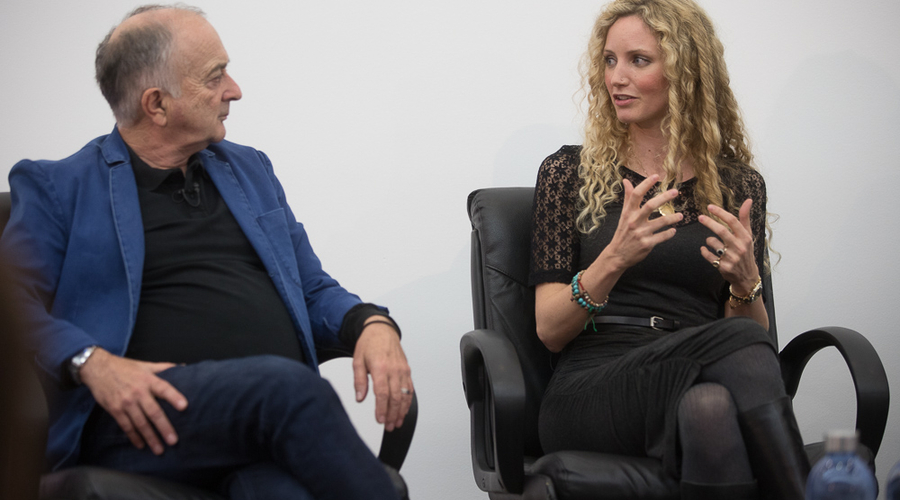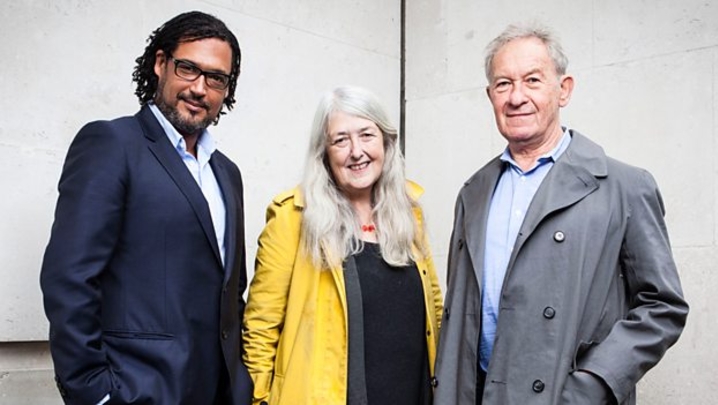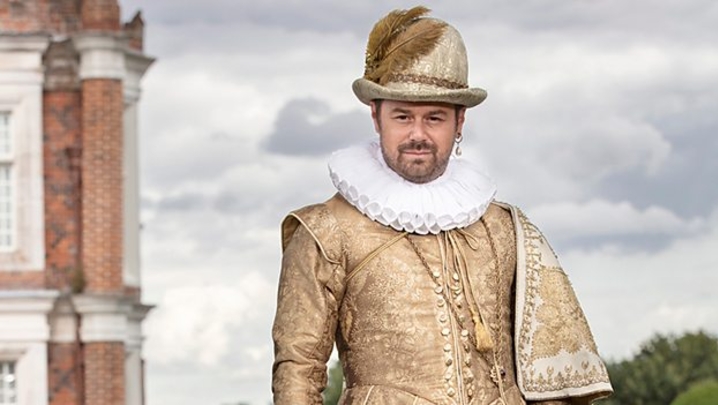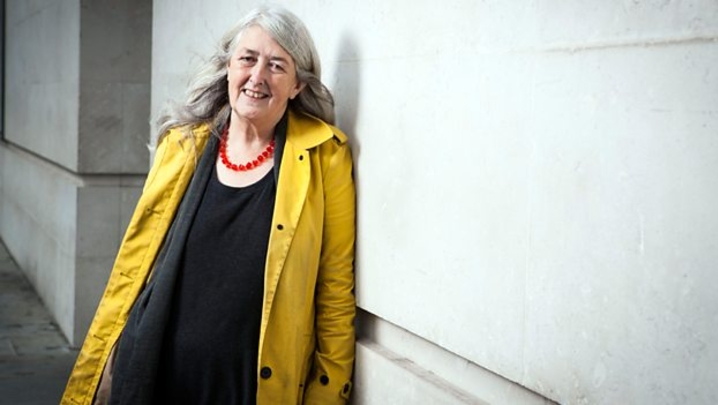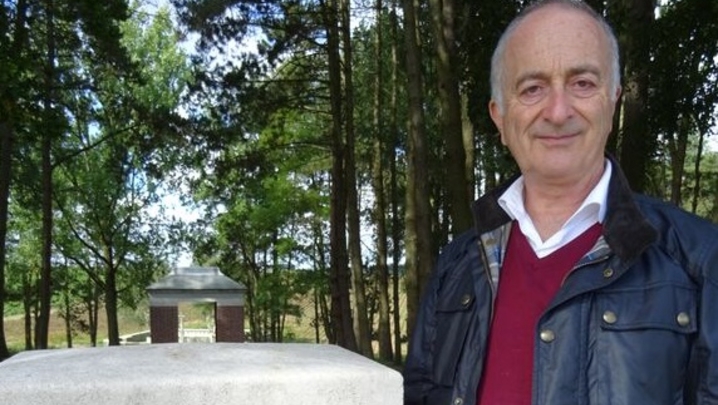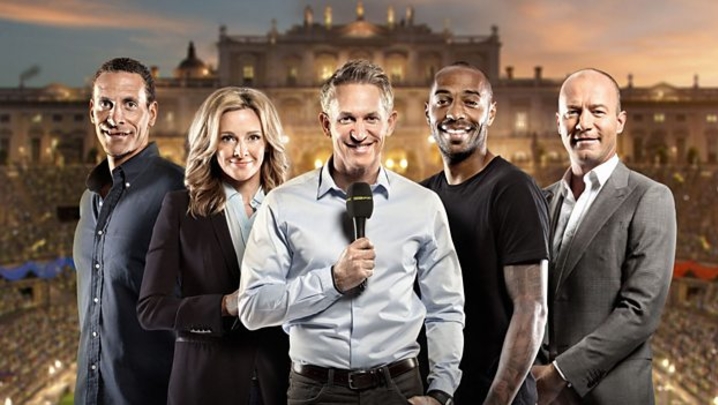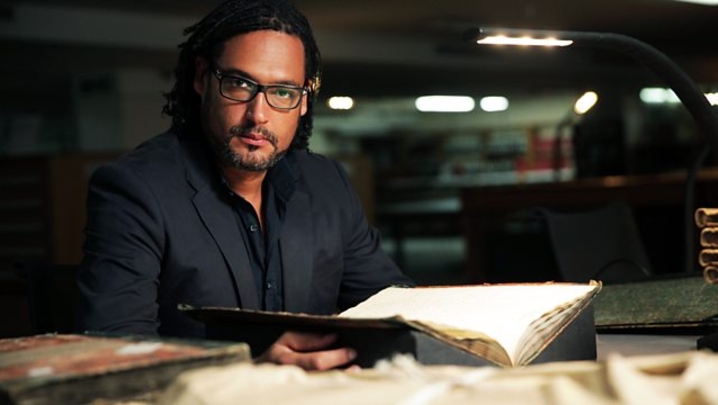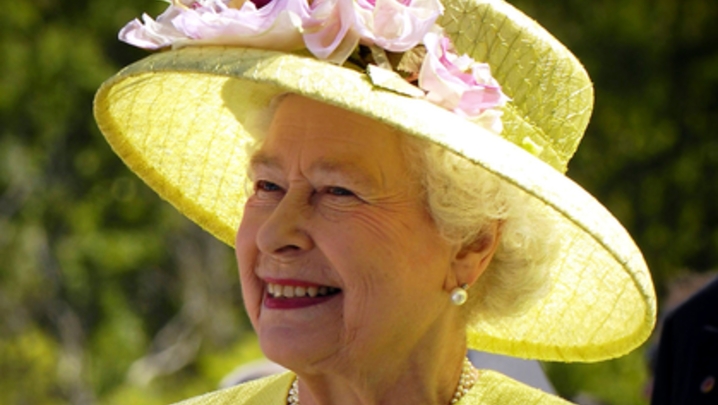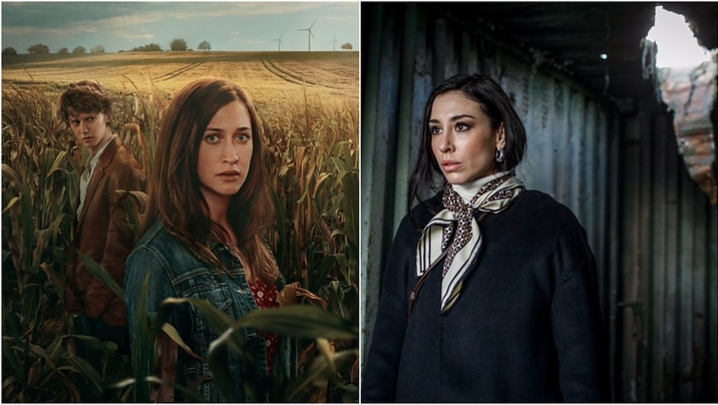British television makes great history programmes – but not enough of them, claimed the experts at a lively RTS early evening event chaired by Sir Tony Robinson in early October.
“Genres go through cycles and I feel a lack of confidence about the genre at the moment across British broadcasting,” argued the BBC’s history commissioner Tom McDonald.
The exec, who also commissions specialist factual and natural history shows for the BBC, praised the efforts of other broadcasters – “When Channel 4 do history they do it very well and differently to us; Channel 5 do some really fantastic history” – but he added that “the ecosystem only works if everyone is doing it.
“I don’t worry about finding the next generation of on-screen historians,” he continued.
“I worry about the next generation of programme-makers because they can only become experienced history programme-makers by being a researcher, an assistant producer and then a director on history programming.
“If there’s less of it and [history] just becomes the role of the BBC, you won’t have the plurality of voices that I think history programming needs to thrive.”
“Thank God for the BBC,” said Wall to Wall boss Leanne Klein. “There has been a complete lack of confidence in history on a lot of our British channels, certainly for the last five years.
Klein said that ITV has stopped taking history shows and Channel 4 “don’t commission much history any more, compared to the Time Team and 1900 House days. We were making hours and hours of history for Channel 4 and it’s really hard now to find a story that they want to tell.”
Robinson was well qualified to host the RTS event: as well as playing Baldrick in the BBC’s classic historical comedy Blackadder, he was also the host of the archaeology series, Time Team, which ran for 20 years until 2014.
Historian and broadcaster David Olusoga argued that, despite airing fewer history programmes, television has a “pretty healthy ecosystem of different approaches that allows us to tell almost any story we can imagine”.
Olusoga pointed to British people’s enthusiasm for history, which is reflected in the huge number of visits they make to cathedrals and stately homes, and the growing number of history festivals.
“My frustration is that we’ve not managed to harness this huge energy and appetite for the past,” said the historian, who, with Simon Schama and Mary Beard, will present new BBC Two series Civilisations next year.
“I’ve also been frustrated that there are histories that we do not tell. We’ve spent a lot of time in my experience telling the same stories over and over again,” Olusoga added, arguing that the stories of women and Britain’s relationship with the outside world have been neglected.
Despite its present difficulties, Klein was positive about the genre’s future. “History is telling stories about the past and there are a huge amount of stories to tell,” she said. “I don’t think we’ve even scratched the surface.”
The Wall to Wall chief executive said that most of her indie’s current output tells “women’s stories or the stories of groups of people who have never had a voice”.
Despite being a “bleak watch”, Klein ascribed the popularity of The Victorian Slum to the fact that “a lot of people know that they come from that background”.
She added: “We don’t tell ordinary people’s stories enough.”
“Living history” series such as The Victorian Slum have bagged the history genre’s biggest ratings on the BBC over the last couple of years. The reason, said McDonald, is because they are “experiential and immersive”, and offer “emotion” as well as historical content.
History academic and presenter Suzannah Lipscomb, whose TV credits include Channel 5 series The Great Fire, pointed to a “renaissance” in authored history.
“If you’ve got someone who’s a very good historian and broadcaster, who’s telling a very good story, that’s sometimes all the audience wants,” she said, mentioning presenters such as Schama, Beard, Dan Jones and Bettany Hughes.
Television and history, agreed the panel, were perfect bedfellows. “I became a historian, not because my history lessons at school were that fantastic, it’s sad to say, but because I came home and I watched history on television,” revealed Olusoga. “I am a historian because of television."
“I don’t think any medium can tell these stories, or bring them to life or make people care anywhere near as well as television,” he continued. “It’s the greatest storytelling medium that there is.”
*Click here to watch the full length video*
“The Great History Debate” was held at the Cavendish Conference Centre in central London on 10 October. Sally Doganis and Andrew Scadding produced the RTS early evening event.

